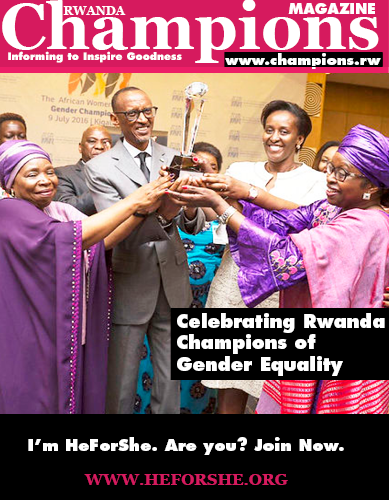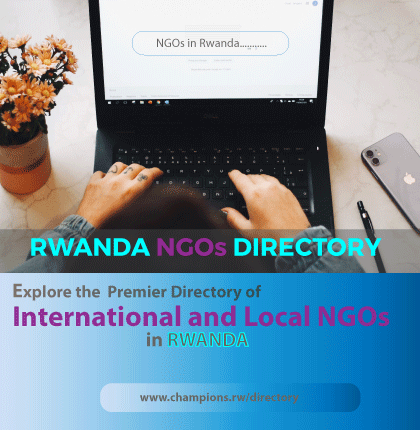Japan Helps Build Rwanda Center for Children With Special Needs
Japan has provided a grant of $89,000 to support the construction of a new facility for children with intellectual (…)

The Rwanda National Union of the Deaf (RNUD) has urged the government to make sign language education accessible to everyone, saying it would bridge persistent communication gaps between people who are deaf or hard of hearing and the general public.
The call was made during a national event held in Gasabo District to mark the International Week of the Deaf and the International Day of Sign Languages. The week-long campaign emphasized inclusion and communication as essential rights for all citizens.
For Annick Uwamahoro, a mother of three who is deaf, sign language is the key to her family’s happiness. Her husband is also deaf, but their children are not. She said that while her family communicates easily at home, life outside remains difficult because few people understand sign language.
“Without sign language, we have no equal rights,” Uwamahoro said. “I want to ask the government to make sign language education available to everyone. Whether at work, school, or in our communities, people with hearing disabilities deserve to be understood and included.”
RNUD president Eric Niyoyita commended the government for supporting the creation of Rwanda’s first sign language dictionary but said more needs to be done. He called for sign language to be recognized as one of the country’s national languages.
“People who are deaf can contribute to national development just like anyone else,” Niyoyita said. “When we remove communication barriers, we enable them to participate fully in society.”
He added that public institutions should adapt their communication systems—such as announcements and customer services—to ensure accessibility for people with hearing disabilities.
Dr. Beth Nasiforo Mukarwego, president of the National Union of Disability Organizations of Rwanda (NUDOR), praised progress made in promoting disability rights but urged greater investment in inclusive education and locally made assistive devices.
“Learning materials and equipment for people with disabilities are still expensive and hard to find,” she said. “We need to train more teachers in sign language and produce materials locally to make learning more inclusive.”
According to RNUD, more than 2,000 people, including health workers, police officers, and local government employees, have been trained in sign language this year. Rwanda is home to an estimated 70,000 people who are deaf or hard of hearing, many of whom say mastering communication is key to their participation in the nation’s development.
Japan has provided a grant of $89,000 to support the construction of a new facility for children with intellectual (…)
People with disabilities in Rwanda are urging the government to ensure the nationwide rollout of digital national (…)
Rwanda will build five model schools for children with complex disabilities beginning in the 2026–27 academic year, (…)
People with disabilities across Africa are looking to new research on community-based rehabilitation for lasting (…)

